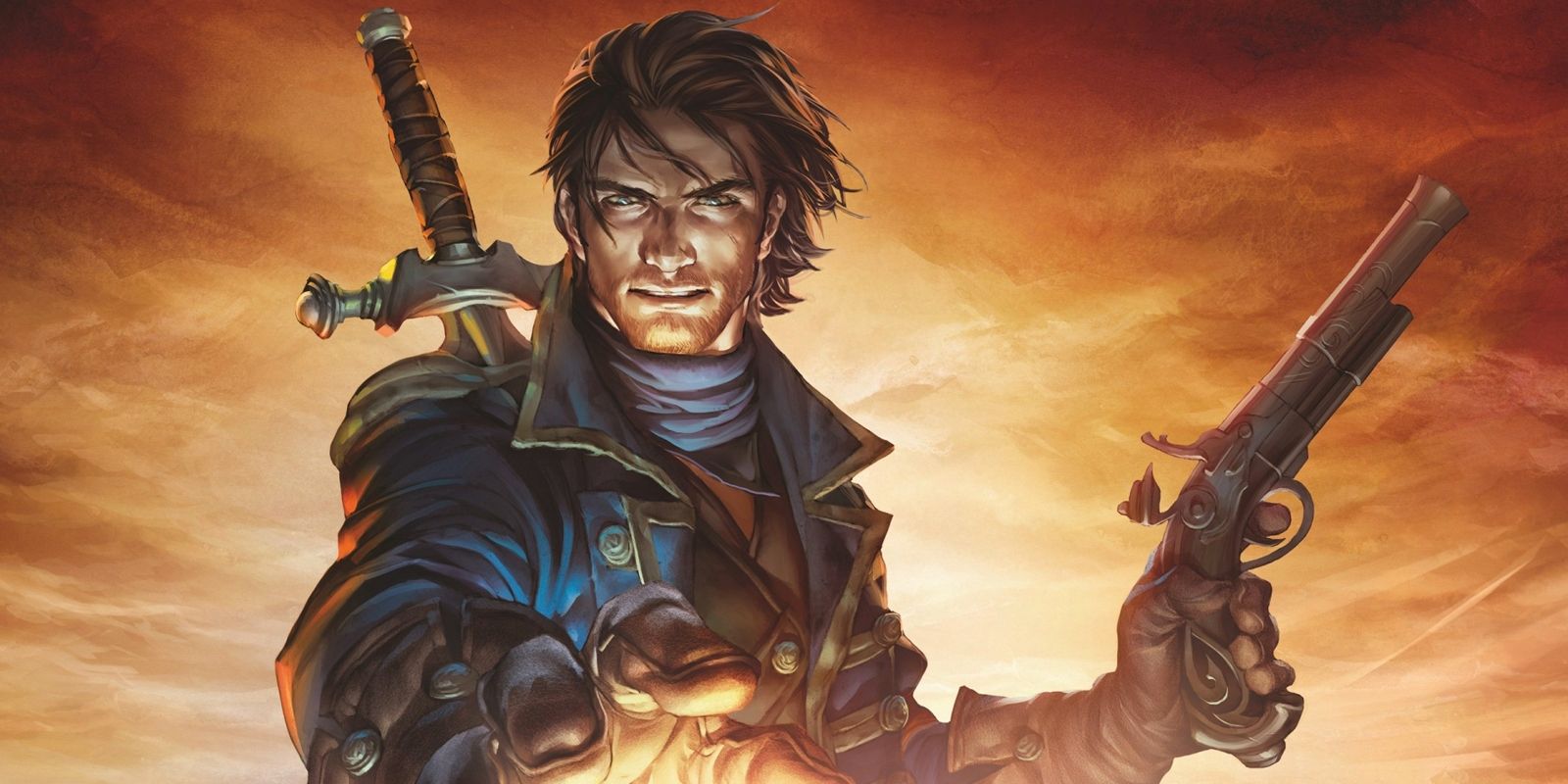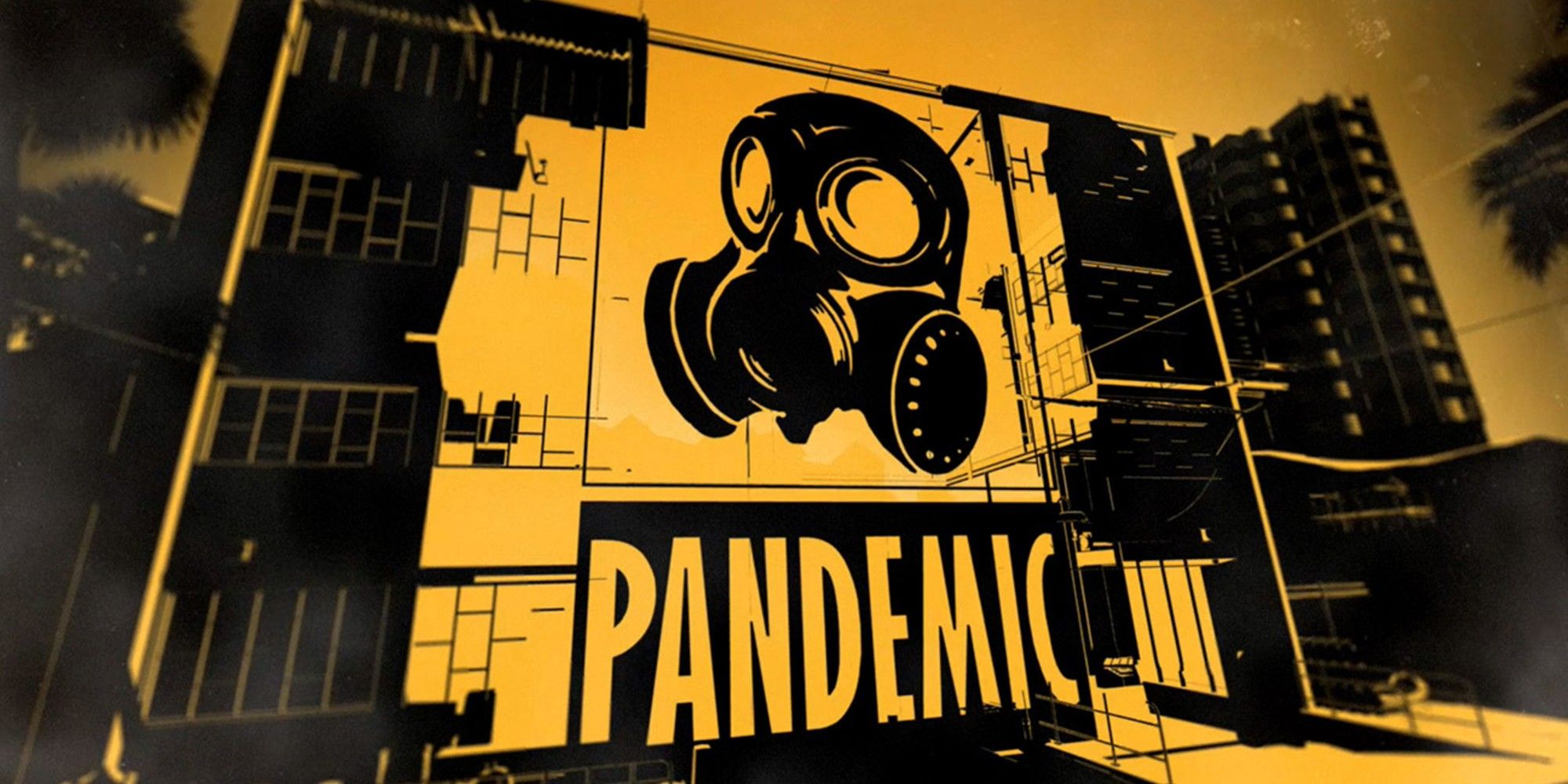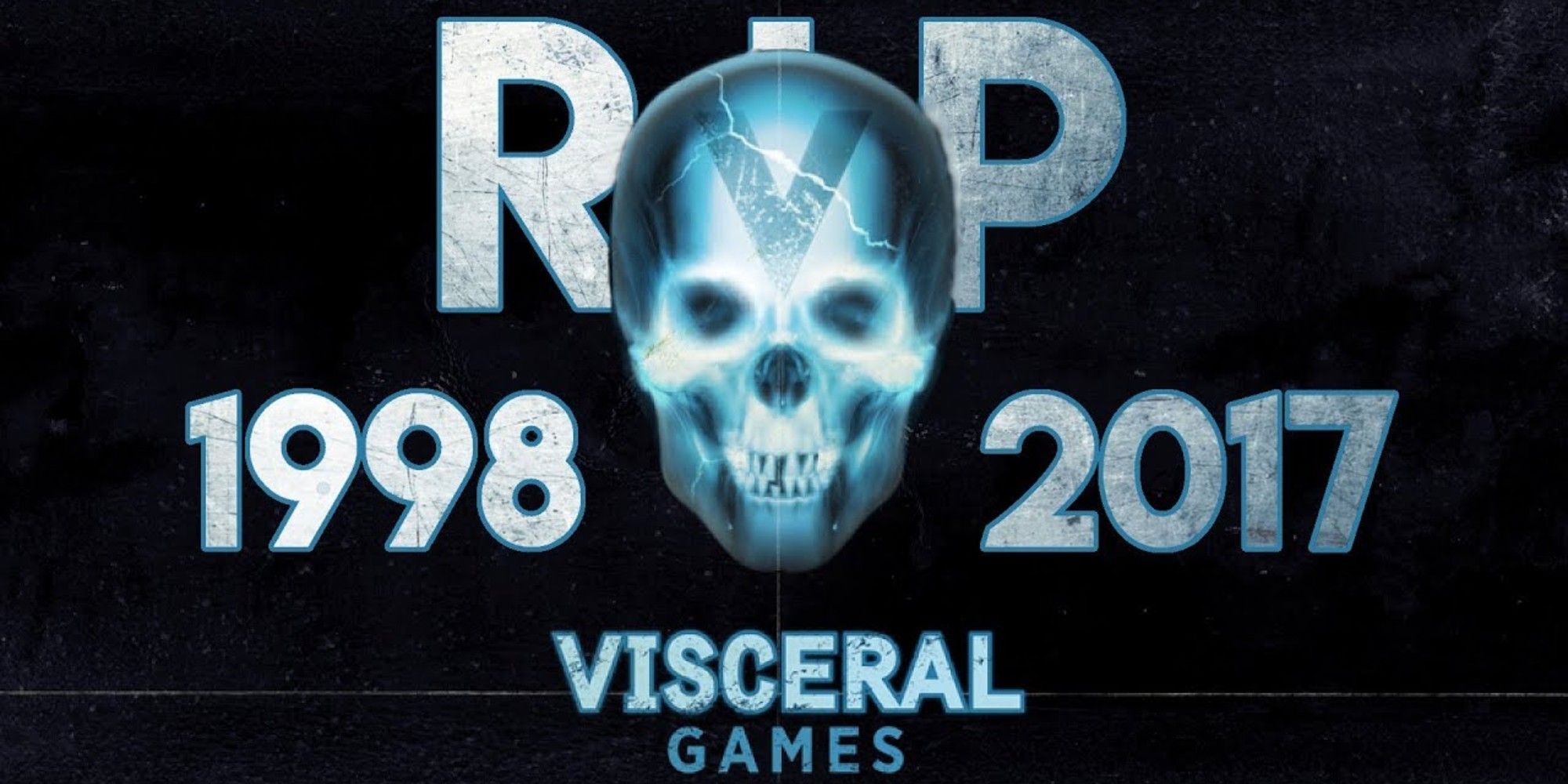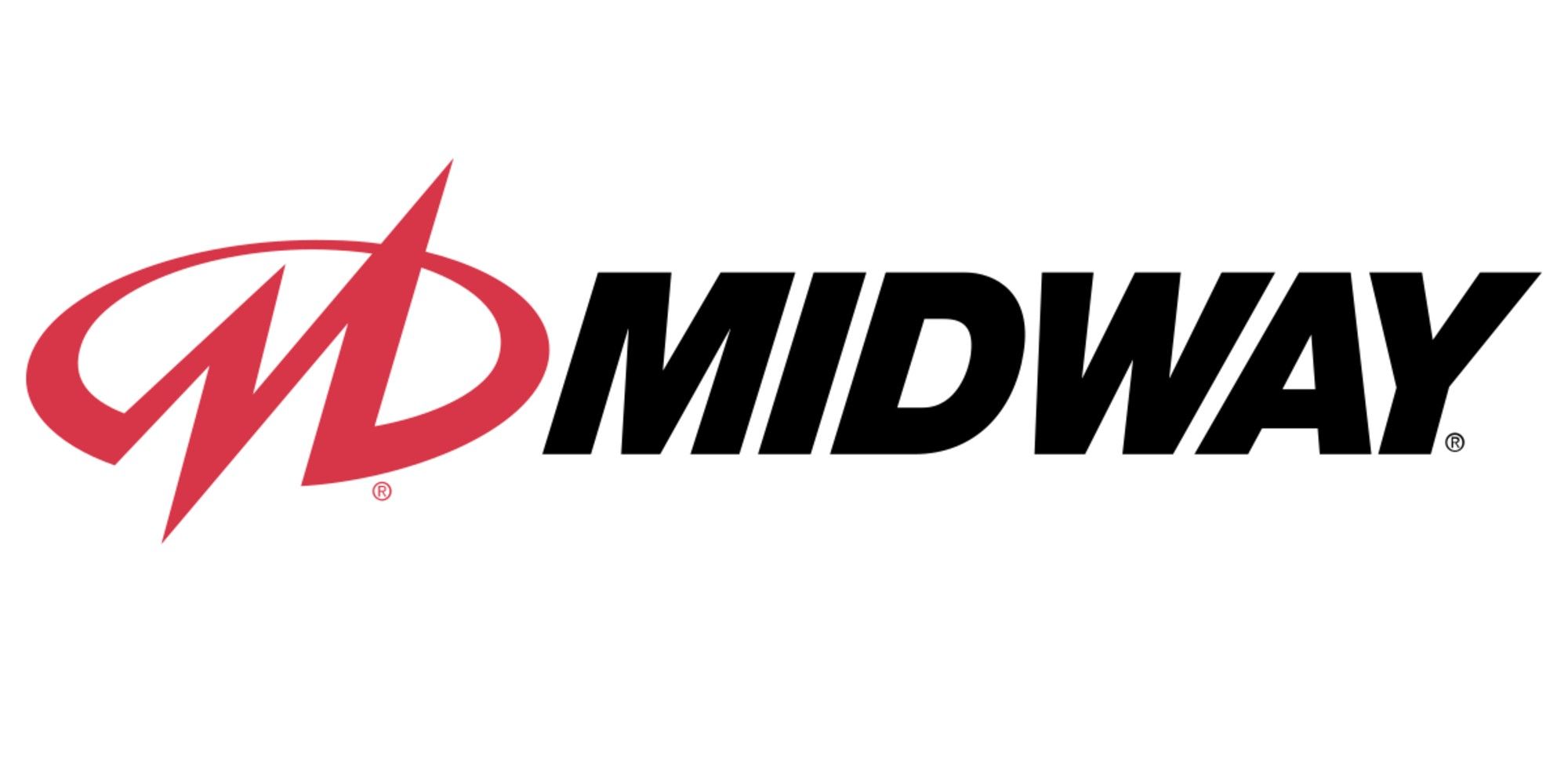Finding out your favorite video game company is shutting down is heartbreaking. They often take long-running franchises or beloved IPs with them, dashing fans' hopes for a sequel. Though some properties do get second-chances with new teams behind them, this is pretty rare. Of course there's no shortage of studios, especially with indie developers getting more and more attention, but there are a lot of gaming companies that are now defunct.
Over the last decade or so, it seems like a lot of development studios and publishers have gone under. Even some of the most iconic video game studios were forced to close for one reason or another. And while there are still hundreds going strong, there are some that gamers truly miss. Here are just a few of them.
Pandemic Studios
Pandemic Studios became one of the many video game companies to fall victim to Electronic Arts' cutbacks. The developer created some of the best games of the 2000s, like the original Star Wars: Battlefront, Mercenaries: Playground of Destruction and Destroy All Humans. Unfortunately, the company fell on hard times towards the end of the 2000s.
Electronic Arts ended up shutting the developer down only two years after acquiring the company. Pandemic's last few games didn't sell as well as the studio hoped, causing it to fall on hard times. At the same time, EA started laying off massive numbers of people. The struggling company couldn't withstand this, and Pandemic Studios down on November 17, 2009.
Lionhead Studios
Known mostly for its iconic Fable series, Lionhead Studios quickly became a fan-favorite among Xbox players. Legendary game designer Peter Molyneux found the company in 1997 after leaving Bullfrog Productions due to disagreements with its new parent company EA. Lionhead first found success with its unique god-sim Black & White in 2001. The British developer really hit it big after releasing Fable in 2004, which became one of the original Xbox's best selling games.
Everything seemed to be going well for Lionhead until the release of Fable III. Many longtime Fable fans were disappointed by the game and accused the studio of rushing it. It became a divisive title, with many new fans praising it while veteran players criticized its drop in quality. Molyneux even admitted that he was disappointed with the game. Microsoft made the company focus on developing games for its mediocre Kinect accessory. This caused many to leave the company, and Microsoft ended up closing Lionhead in 2016.
Visceral Games
Yet another victim of EA's downsizing, Visceral Games found a huge following after the release of Dead Space in 2008. The company actually made a handful of great games before the chilling sci-fi horror series, with titles like 007: Everything or Nothing, The Godfather and the severely underrated PlayStation action game Future Cop: LAPD. The developer released titles ranging from sports games to action shooters. Unfortunately, all its success would come crashing down after the release of Dead Space 3.
While not a horrible game, Dead Space 3 is not what fans were expecting from the horror series. The game traded the horror elements of the first two games for a more action-oriented experience. Dead Space fans blamed the studio, though it was actually EA who pressured it to make a more mainstream title. EA closed the studio down shortly after Dead Space 3 failed to meet sales expectations.
Midway Games
It's still hard to believe Midway Games has been defunct for a decade, as the legendary publisher used to be among the top companies in the industry. Midway started out making amusement park games way back in 1958 but switched over to video games in the 1970s. Space Invaders became Midway's breakout hit with other classics following soon after, including Defender and Galaga. Midway hit it big again with the release of Mortal Kombat in 1992. The company became a huge force in the arcade market and quickly transitioned to home consoles in the 1990s.
However, Midway wasn't nearly as successful on home consoles as it was in arcades. While the company released plenty of great console games, it started falling behind by the turn of the millennium. Midway became more of a cult developer than a mainstream success. Games like The Suffering, Psi-Ops: The Mindgate Conspiracy and Blitz: The League found small, loyal followings, but it wasn't enough to save the company. Midway ended up filing for bankruptcy in 2009.





